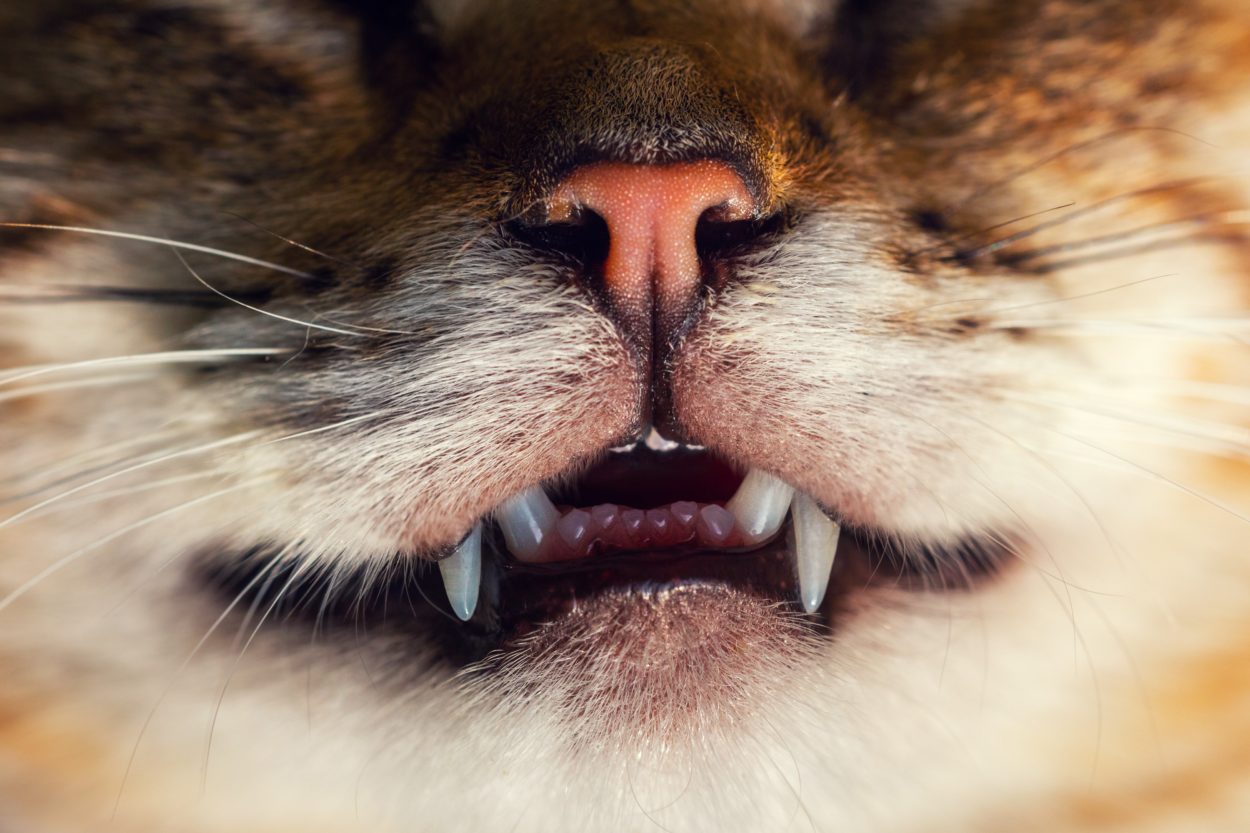

Whether it is a kitten or an elderly cat, dental home care should be performed in the same way. After this time, however, home care should be started as soon as possible. This is especially true if your cat has had any teeth removed. In these cases, it is usually advisable to allow a few days for the mouth to heal, and for inflammation to settle down, before starting home care. Home dental care is often started after the cat has had its teeth cleaned and polished under an anaesthetic by your vet. While not all cats will tolerate it, many will and it is an excellent way to maintain oral and dental health. The thought of brushing or cleaning your cat’s teeth may seem strange and even quite daunting. Kittens, in particular, usually do not take long to become accustomed to brushing, whereas older cats may need a slower and more gradual approach.

Home careĭental home care can be started in a cat at any age, but generally, the younger the cat is when the procedure is started, the easier it is for the cat to adapt to the routine. Rigorous home care or, in severe cases, multiple teeth extractions may be needed to help these cats. The chemical make-up of the saliva is one factor affecting dental and gum disease in these cats, as well as immune responses, presence of bacteria, and infection with other agents. Some cats seem predisposed to developing dental disease in spite of every effort made to prevent it.

However, this must be done gradually and with appropriate care. Daily or even twice daily brushing is recommended wherever possible, and this can be introduced to a cat at any age. Like humans, brushing will not only prevent plaque and tartar formation it will also promote healthy gums and reduce halitosis (bad breath). Brushing a cat’s teeth is likely to be the single most effective way to reduce dental plaque and maintain long-term oral health.


 0 kommentar(er)
0 kommentar(er)
